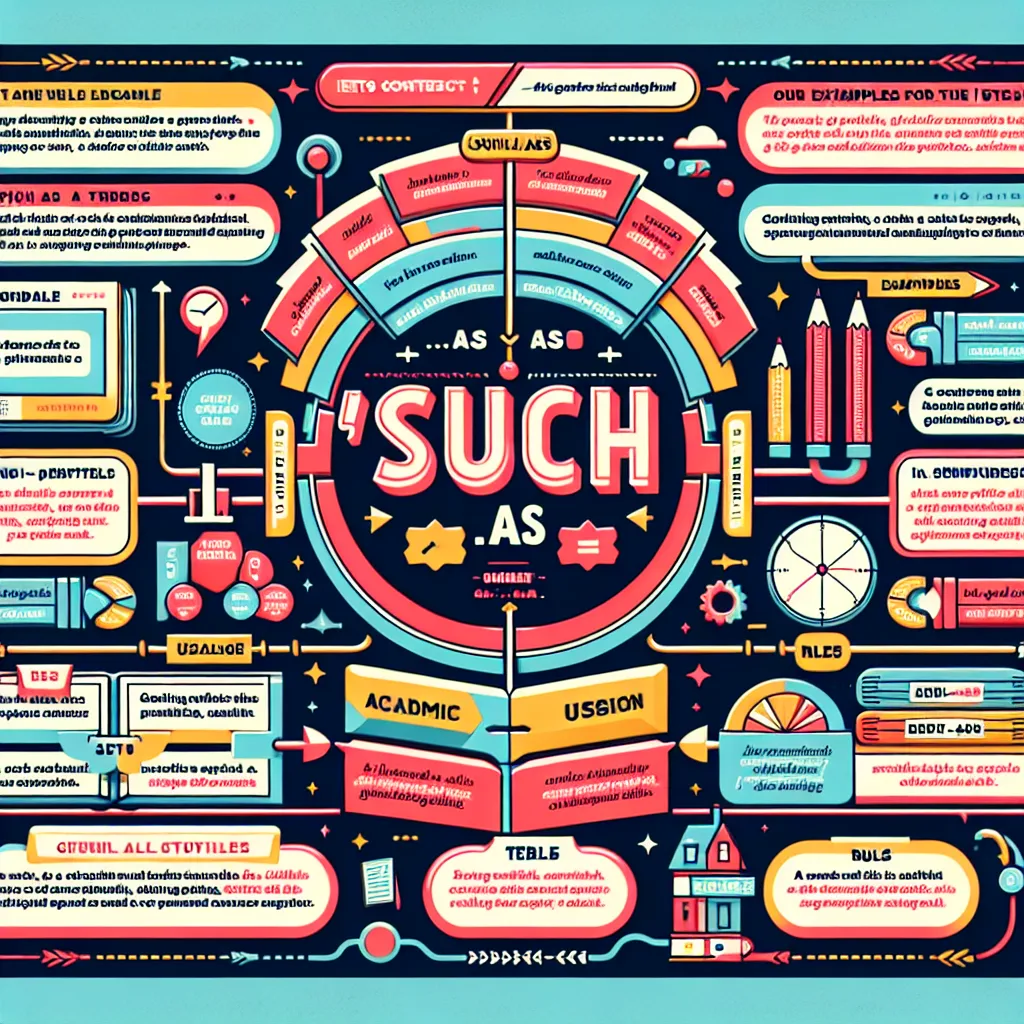Gerund clauses as objects are a crucial grammatical structure that frequently appears in IELTS exams. Understanding and using them effectively can significantly enhance your writing and speaking scores. Let’s delve into this important topic and explore how you can leverage gerund clauses as objects to excel in your IELTS test.
Nội dung bài viết
What Are Gerund Clauses as Objects and Why Are They Important in IELTS?
Gerund clauses as objects are verb forms ending in ‘-ing’ that function as nouns and serve as the object of a sentence. They are commonly used in English to express actions or states as concepts. In IELTS, using gerund clauses as objects demonstrates a higher level of language proficiency and can help you achieve a better score in both the Writing and Speaking sections.
Here are some examples of gerund clauses as objects in context:
- “I enjoy reading books about history.”
- “The government considers implementing new environmental policies.”
- “She avoids eating fast food.”
- “The company postponed launching the new product.”
- “They discussed expanding their business overseas.”
In each of these sentences, the bolded parts are gerund clauses functioning as objects of the main verb.
 Gerund Clauses as Objects
Gerund Clauses as Objects
Grammar Rules and Usage in IELTS
To effectively use gerund clauses as objects in your IELTS exam, you need to understand the grammar rules governing their usage. The basic formula is:
Subject + Verb + Gerund Clause (Object)
Here’s how you can apply this structure in different parts of the IELTS test:
Writing Task 1
In IELTS Writing Task 1, you can use gerund clauses as objects to describe trends and processes. For example:
“The graph illustrates the increasing trend in online shopping over the past decade.”
“The diagram shows the process of manufacturing paper from wood pulp.”
Writing Task 2
In essays for Writing Task 2, gerund clauses as objects can help you express complex ideas more concisely:
“Many people support banning single-use plastics to reduce environmental pollution.”
“Experts recommend promoting physical activity in schools to combat childhood obesity.”
Speaking Test
During the IELTS Speaking test, using gerund clauses as objects can make your responses sound more natural and fluent:
“I really enjoy traveling to new places and experiencing different cultures.”
“In my country, people value maintaining strong family relationships.”
Advanced Usage for Higher Band Scores
To achieve higher band scores in IELTS, you should aim to use more complex structures with gerund clauses as objects. Here are some advanced techniques:
-
Multiple gerunds in a series:
“My hobbies include reading novels, playing the piano, and hiking in the mountains.” -
Gerunds with modifiers:
“The city council is considering rapidly implementing the new traffic regulations.” -
Gerunds in passive voice:
“The community appreciates being involved in local decision-making processes.” -
Gerunds with possessive adjectives:
“They insisted on our participating in the conference.” -
Negative gerunds:
“The company regrets not investing in renewable energy sooner.”
Common Mistakes to Avoid
When using gerund clauses as objects, IELTS test-takers often make the following mistakes:
-
Confusing gerunds with infinitives:
Incorrect: “She suggested to go to the beach.”
Correct: “She suggested going to the beach.” -
Using the wrong form after prepositions:
Incorrect: “I’m looking forward to meet you.”
Correct: “I’m looking forward to meeting you.” -
Forgetting the possessive form before gerunds:
Incorrect: “They were upset about me leaving early.”
Correct: “They were upset about my leaving early.” -
Mixing up gerunds and present participles:
Incorrect: “I saw him crossing the street is dangerous.”
Correct: “I saw him crossing the street.” OR “Crossing the street is dangerous.” -
Overusing gerunds:
While gerunds are useful, overusing them can make your writing sound repetitive. Aim for a balance with other sentence structures.
Conclusion
Mastering gerund clauses as objects can significantly enhance your performance in the IELTS exam. By understanding their structure, practicing their use in various contexts, and avoiding common mistakes, you can demonstrate a high level of English proficiency. Remember to incorporate these structures naturally in your writing and speaking, and always aim for clarity and coherence in your expression.
To further improve your skills, try creating sentences using gerund clauses as objects related to common IELTS topics such as education, technology, environment, and social issues. With consistent practice, you’ll find yourself using these structures more confidently and effectively in your IELTS test.


